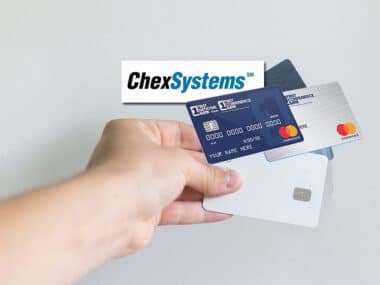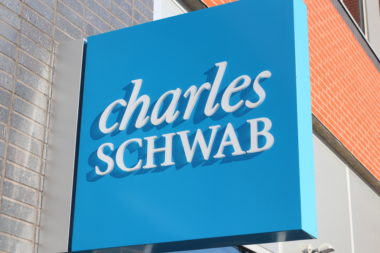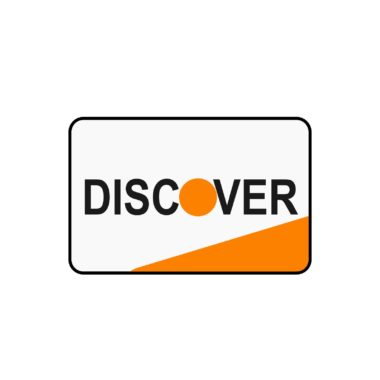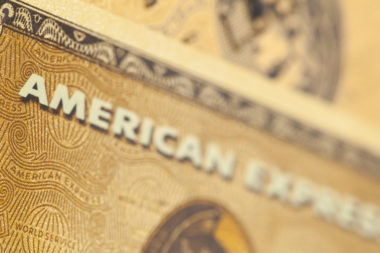You’ve known for a while that you’ve needed to open a bank account, or that you’ve needed to switch, but you were never quite sure how to do it. You’re tired of relying on places like the grocery store to cash your paycheck because you don’t have a bank account. So how do you get one?
Do you just walk into the bank and announce yourself as a new customer? Or does the bank perform a credit check to ensure your score is good? Do you have to meet certain requirements to be able to apply, or can anyone with a few dollars in their pocket open up an account?
The truth is, every bank and account type will have different requirements, such as a minimum amount to deposit, fees, credit score requirements, and more. In general, all you’ll need to open up a basic checking account is an ID that can prove your age and identity, and some money to make an initial deposit. Additionally, you must be over the age of 18 (a legal adult) in order to open an account by yourself; if you’re under that age, you can open the account with a co-owner (just be sure they bring along their own ID, as well).
Let’s dive into more of the specifics of what you’ll need and how you can open your own bank account.
Table of Contents
Documents Needed To Open a Bank Account
As a general rule — regardless of the bank or type of account — it’s almost guaranteed that you’ll need a few basic things to open up your new bank account:
- Your ID: Appropriate examples include your driver’s license, passport, or state-issued ID.
- Your social security number (SSN): You may not need to provide your actual SSN card, but you will need to know your number.
- Your phone number: Just in case they ever need to contact you.
- Date of birth: To prove you are over the age of 18, or legal age of adulthood in your state.
- The ID of any co-owners: If you’re under the age of 18 or are opening up a shared account with your spouse.
Finally, although this isn’t a requirement for every bank, you may also need to provide an initial deposit. This amount may vary, but $25 to $100 is often a good starting deposit. You can provide this either as a check or as cash.
How Long Does It Take To Open a Bank Account?
As long as you have all the necessary information and documents handy, applying to open a bank account is fairly easy and should only take a few minutes. You can even open up accounts online if you aren’t able to make it into a physical bank.
If you do go into a bank, you will need to notify a teller of your purpose, and they may refer you to a loan officer or accountant that can sit down with you and fill out the necessary paperwork. You will be expected to sign certain documents for the purposes of verifying that your information is accurate and up-to-date, or that you agree to whatever terms are attached to the account, for example. In general, the process of providing your information, signing documents, and getting a checking account will take about 15 minutes.
For more complex accounts, or additional accounts (such as setting up a savings account), it may take up to an hour. This also depends on the bank, whether you are doing this online or in person, and how many tellers and accountants are available to assist you when you walk in the door.
How Much Does It Cost To Open a Bank Account?
Most checking and savings accounts are free to open up, but may require a minimum deposit to get started. As stated before, this can be anywhere from $25 to $100, so it’s always beneficial to research or ask beforehand what minimum is required by the bank of your choosing.
Additionally, it’s important to keep in mind that some banks have a minimum balance requirement in order for the account to stay active. If your balance dips below that amount you may be charged a fee for the account.
Also, it’s important to consider whether you’re interested in opening an account with a bank or a credit union, or any other type of bank. Credit unions and traditional banks both offer similar services but there are key differences between both that are important to note. Banks might offer easier access, but may also charge fees on checking or savings accounts (such as the minimum balance requirement mentioned above). Credit unions, on the other hand, may only require a small membership fee when you first open the account with no additional fees (unless you overdraft the account) but might not be as accessible as banks. In the end, make sure you’re thoroughly researching your banking options and are choosing the right bank that fits your needs.
How Many Bank Accounts Should I Have?
If you already have a bank account, you may be wondering if you need to open up a new one or if it’s more worth it to switch. Overall, how many bank accounts can you have, and how many should you have?
In general, the fewer the amount of accounts to keep track of, the easier it will be for you to monitor your assets. Of course, there are many different types of bank accounts, and they can all serve a different purpose. Some common forms of bank accounts include:
- General Checking
- General Savings
- Money-Market Accounts (MMA)
- 529 Savings Account
- Credit Card Accounts
- 401Ks or Individualized Retirement Accounts (IRAs)
- Health Savings Accounts (HSAs)
- Mortgage Accounts
- Interest Checking and other Specialized Accounts
Deciding which type of account to open depends entirely on what purpose that account will serve, as well as how much money (or other financial assets) you wish to deposit into that account. Below is more information to consider when selecting between different types of accounts.
Checking and Savings Accounts
Two of the most common forms of bank accounts are the checking account and the savings account. You should have a clearly defined purpose for both of these accounts. For example: your primary spending account might be your checking account, while your emergency savings are relegated to your savings account.
Checking accounts are certainly the most common type of account, as most people use them to collect their paychecks and distribute that money to all the appropriate places: paying the mortgage, bills, groceries, and other expenses. Your debit (and ATM) card and checks function as the primary way to retrieve money from this account.
Savings accounts are less common, but are equally as important. They can serve as a “rainy day” fund, with which you can you slowly save up money to reach certain financial goals, such as a down payment on a house or a car. The only way to directly access your savings account should be via your online banking app where you can transfer money between your savings and checking account, at an ATM, or with a bank teller that can help you withdraw money from or deposit money into this account.
Shared vs Personal Accounts
Another common account type is the shared checking or shared savings account. These are most common utilized by people under the age of 18 who wish to open an account but must have a legal guardian or parent share ownership of the account with them until they’re legally consider an adult. Additionally, many married couples share accounts — whether as a way to join assets or as a way to better monitor spending, bill pay, and savings. Many couples also have separate private accounts.
The major difference between a shared account and a personal account is the lack of privacy associated with shared accounts. If you’re trying to purchase something (such as a gift) for the person you share the account with, they may notice the purchase on their bank statement. Additionally, shared account holders both have access to the funds, regardless of whether they are spouses or a parent/legal guardian and a child.
If privacy is a major concern, or a person is finally over the age of 18, they will need to open a new private account in order to ensure that autonomy is restored.
FDIC and Protecting Your Money
The Federal Deposit Insurance Corporation (FDIC) was created in 1933, following the Great Depression, in an effort to restore trust in American banking institutions. Now, it exists as an asset for consumers, insuring their deposited money (up to $250,000 per individual on each account) in the case that the banks fail. Deposit insurance is the FDIC’s most well known asset, but they do perform other functions as well.
If your assets are greater than $250,000, then it may be beneficial to open multiple accounts in order to protect your financial assets, as the FDIC cannot compensate for losses that are over that amount. Having multiple accounts may provide you with additional protection in the case that a bank fails or the economy experiences another depression or recession.
Liquidity, Security, and Interest
Another important aspect to consider concerning your bank accounts is their age. Most savings accounts have the additional benefit of accruing a small amount of interest over time, so the money you put into the account can naturally grow as the account ages.
In general, you earn more interest when you save for longer and allow your money to grow — especially when your money is in liquid assets, which can be cash or credit. There are different types of accounts that can accrue interest at different rates (such as a Roth IRA), but even the most modest savings accounts can still grow over time.
This is why it’s important to calculate your spending needs and weigh that against the income potential from longer-term savings, as well as whether you could earn more by investing elsewhere. This concept is also known as “Opportunity Cost,” which is a portion of the “wealth mindset.” Essentially, every time you go to spend your money, consider whether you would be better served by the item you’re purchasing now, or by the amount your money would be worth had you let it accrue interest.
When it comes to opening up a new bank account, there are insurance factors to consider, investment rates on savings accounts, and much more. However, with knowledge comes power. Exact that power by making an educated decision, and protect your financial assets with a bank account that suits you.
Image Source: https://depositphotos.com/





